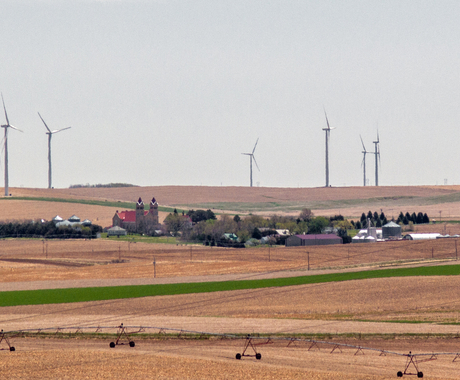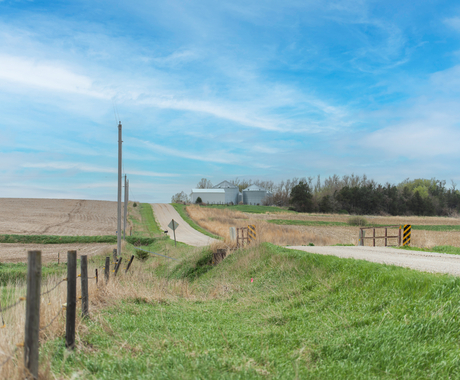Rhea Landholm, brand marketing and communications manager, [email protected] or 402.687.2100 ext. 1025
LYONS, NE - Today, the Center for Rural Affairs released a Rural Policy Brief examining the basic economic and income issues for all Nebraskans connected to expanding Medicaid.
“Nebraska is one of 17 states not adopting Medicaid expansion under the Affordable Care Act,” explained Johnathan Hladik, Policy Director at the Center for Rural Affairs and author of the report. “This has left thousands of working Nebraskans without access to affordable health care. The economic consequences of this decision are significant.”
To view or download a copy of the Center’s Policy Brief go to:
https://www.cfra.org/publications/dollars-and-sense-health-care-access-nebraska
According to Hladik, more than 79,000 Nebraskans are caught in a “coverage gap.” These individuals live in households with too much income to qualify for Medicaid, but too little to qualify for the premium tax credits that make health insurance affordable. Most are parents. The majority work. All live in our communities.
“Each individual covered through an expanded Medicaid program could save $1,100 on out-of-pocket health costs each year. When spent locally, these savings lead to 800 potential new jobs, $32 million in additional income, and $4.9 million in state and local tax revenues.”
Johnathan Hladik, Center for Rural Affairs
“Moreover, for every $1 Nebraska invests in Medicaid expansion, an additional $13.41 in federal funding will enter our state’s economy,” said Hladik. “Much of this is allocated to our hospitals, which stand to lose $1.6 billion over a ten year period through our failure to expand Medicaid. This results in more than $3 billion of missed opportunity for the Nebraska economy.”
Bringing those lost revenues back to Nebraska to help address the challenges hospitals face in the form of uncompensated care provided to uninsured Nebraskans is vitally important, for rural hospitals in particular, Hladik added.
Hladik’s report also emphasized that access to health insurance is lowest in rural Nebraska. Of the 37 counties with the highest rate of uninsured individuals, 32 are rural. Overall, a higher percentage of rural Nebraskans are without health insurance than their urban counterparts.
“Medicaid expansion is a smart investment in the people of rural Nebraska,” concluded Hladik.




